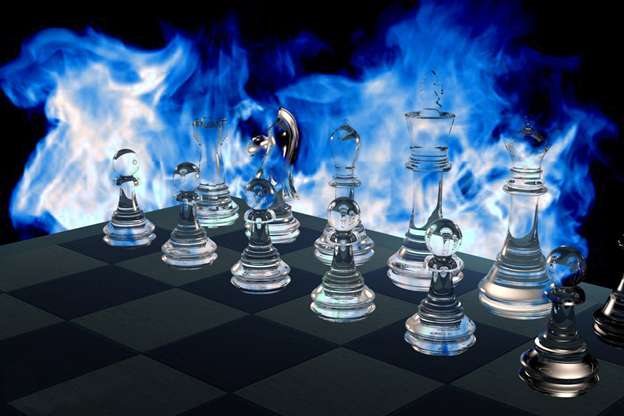Detecting Cheaters in Chess
April 5, 2012 in Daily Bulletin

Since computers are able to beat even the top grandmasters in chess, cheaters often use ‘bathroom breaks’ to consult computers for advice about what moves they should play next. Dylan Loeb McClain reports on the efforts of one Professor to use computers to catch cheaters:
- Calculating the moves that players make which are statistical outliers is difficult due to the small sample size involved. A typical chess tournament only has around 150 moves per player.
- The algorithms also suggest that people have become much better at playing chess. The best players of the 1970s would only rank 40th today.
- In essence the computer is trying to model human decision making which has several applications beyond chess. Amazon, for example, could use it to advertize particular products to consumers.
To read about how sophisticated the models currently are, what, exactly, is toiletgate, and other applications for the program click here.
Source: The New York Times
Via: Marginal Revolution
Join the Discussion! (No Signup Required)